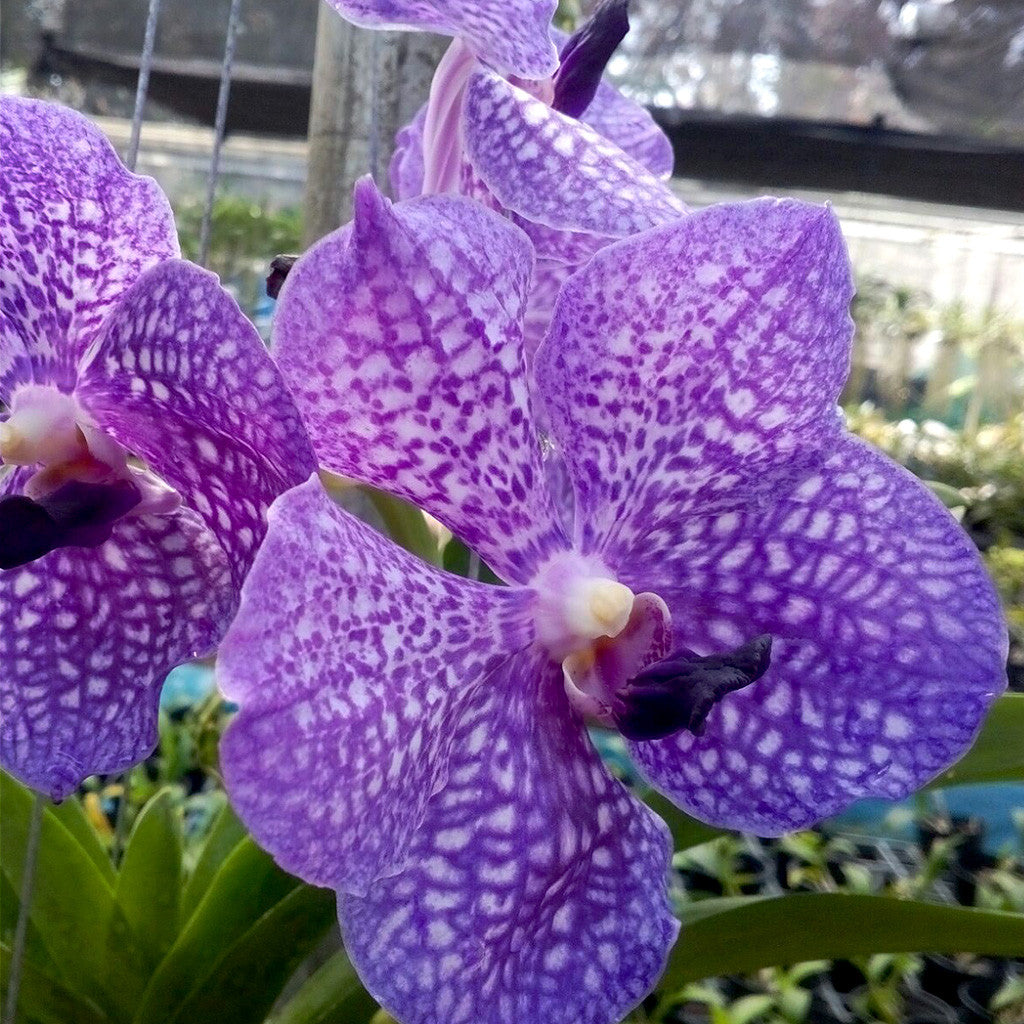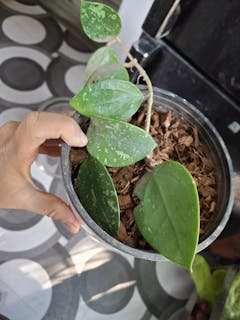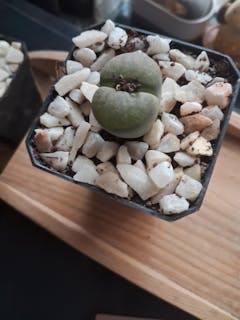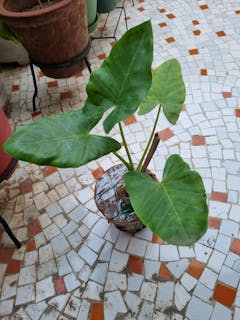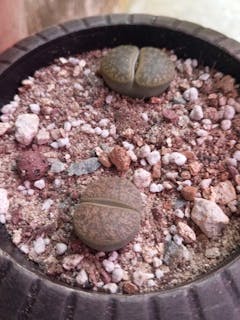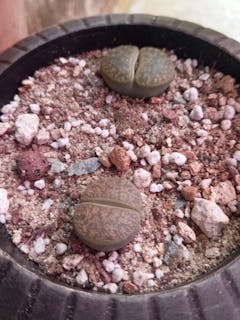VAN-dah Orchids
Family
Rutaceae (citrus family)
Origin
Tropical Asia
Environment
Vanda's need high humidity and high temperatures, bright light (but generally do not thrive in full sunlight ) and turbulent air flow. Water the orchids enough to keep them moist but not soggy. Soggy plants tend to rot. You can prevent this by using a chunky bark medium or other gritty soil that doesn't hold onto moisture. These orchid plants need 80 percent humidity, In order to raise the level of humidity, spray Vanda orchids with cool water by using a spraying bottle or by a humidifier or spritzing the air. They flourish under overhead irrigation and bright sunlight.
Description
The family of Vanda orchids is all epiphytic, which means the plants cling to tree bark or hand from cracks in cliffs and rocky areas. Their roots are in relatively little soil, just whatever organic matter the crevasse or crack collected over time. Vanda orchid plants bloom several times a year with 1- to 4-inch blooms in a host of colors. Stems and flowers may be speckled or dappled with white. The foliage is thick and round, with a glossy waxy sheen. Plants range in size from miniatures to huge flora several feet tall.
Potting & Media
The best way to grow Vandas is in open baskets with no substrate. To start a this variety, weave the roots through the basket slots and wire the stem base in place with plant wire.
Fertilize
Use a balanced (such as 20-20-20) fertilizer applied full strength once a week during warm weather or use a one-quarter-strength solution at every watering. During cool or cloudy weather, apply fertilizer once every two to four weeks. Use a high-phosphorus fertilizer (such as 10-30-20) every third application to promote flowering. Remember; never fertilize an orchid that is completely dry, because this can cause major damage to the roots. You should always water your orchid very thoroughly once a month so that the excess fertilizer build-up can be removed.Landscape Use
Makes excellent hanging plants from tress or baskets.
https://www.youtube.com/watch?v=bV2obbskDFk

